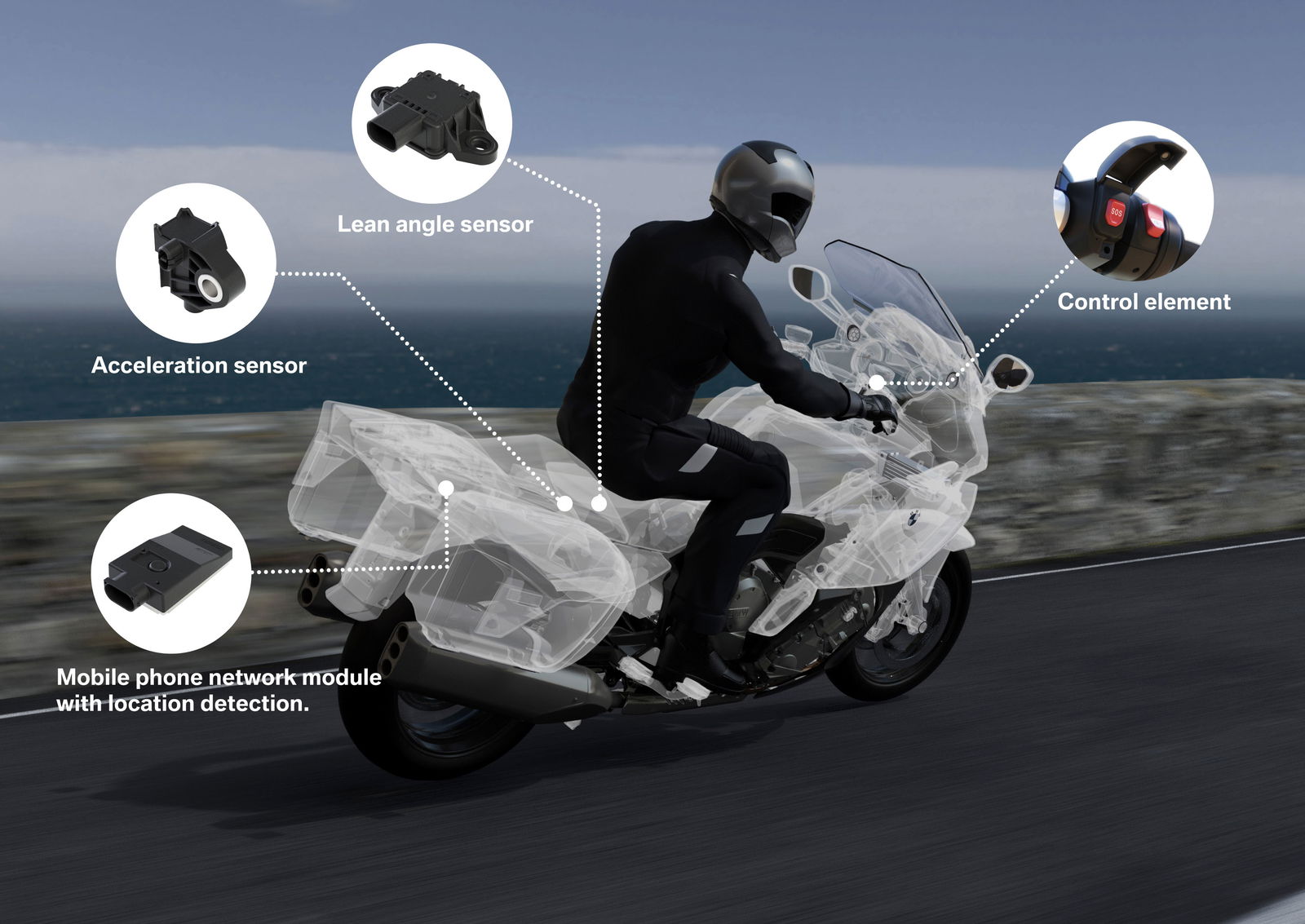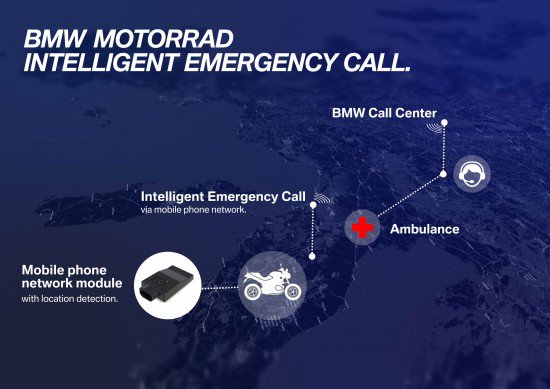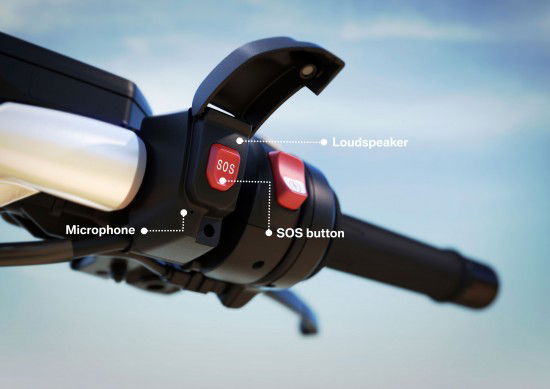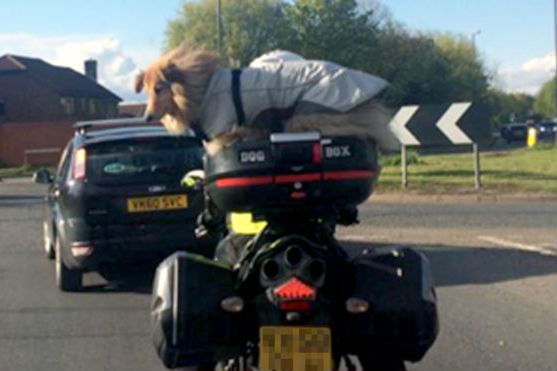BMW to launch automatic SOS system for bikes
‘Intelligent emergency call system’ will summon help after a crash


BMW IS launching an ‘intelligent emergency call system’ for motorcycles, that will automatically summon help in the event of an accident.
Already available on cars, the technology uses sensors on the vehicle to detect when a crash has occurred and satellite navigation to pass the location on to an emergency service.
It’s set to become mandatory on new cars from 2018 and an option on BMW motorcycles from next year, initially in Germany but with plans for a rapid roll out into other European markets.
Collision and banking-angle sensors are capable of telling the difference between serious incidents and those which don’t require emergency services, such as the bike falling over at standstill according to BMW.
In the event of a serious collision, an emergency call will be automatically triggered to a BMW call centre. A display in the instrument cluster will show that a call has been initiated. An acoustic signal will also be triggered and the rider will not be able to cancel the call.
In the case of a ‘minor fall’, a call will be triggered after a delay of 25 seconds and the rider will have the option to cancel it using an ‘SOS’ button located under a cover on the right-hand handlebar.
A call can also be triggered manually by pressing the same button, and a voice connection established using a microphone and loudspeaker, also on the right bar.
The system requires a connection to a mobile phone network and riders will be able to speak to an operator in their native language according to the firm.
BMW says trials have shown the technology allows emergency services to reach accidents up to 50% faster and it could save an estimated 2,500 lives a year
The firm said: ‘In the case of an accident, a vehicle-integrated eCall system can make the difference between life and death. As already shown in 2011 as part of a pan-European eCall trial involving BMW vehicles, emergency services were able to respond more quickly and get to the scene of the accident 40 to 50% faster. The European Commission in charge of the trial at the time estimated that using an eCall system would save up to 2,500 lives every year, also saving €26 billion in the process.’









